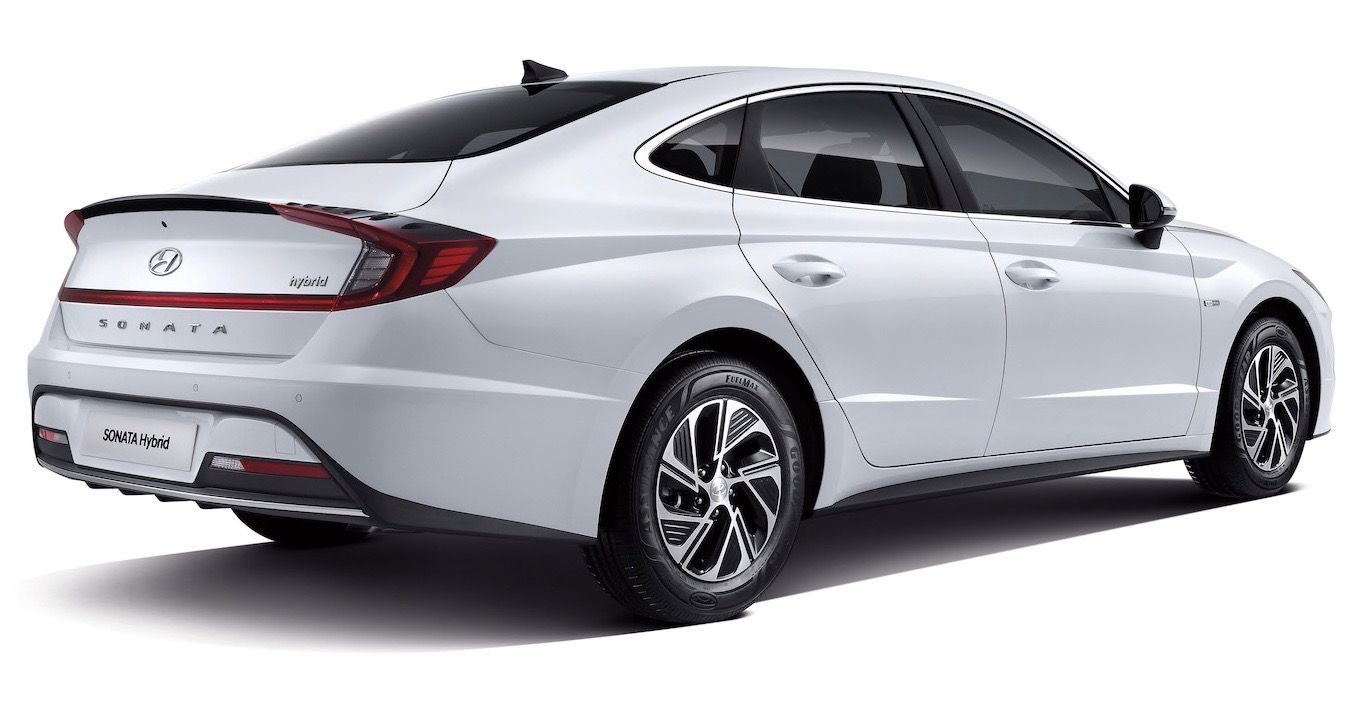Hyundai has just unveiled the ultimate eco-friendly hybrid. The new Sonata Hybrid will feature the company’s first solar roof charging system, which uses the sun's energy to refill the petrol-electric powertrains batteries.
Hyundai says that 30 to 60% of the Sonata’s battery can be charged through solar energy with six hours of daily charging. The photovoltaic cells found on the roof refill the hybrid system's battery. For purely electric vehicles, which have battery capacities of more than 50kWh, charging with solar energy would take several days. The automaker, however, says that the new Sonata system adds 807 miles of cost-free driving in sunnier areas.
The hybrid Sonata can charge while the car is stationary or driving, which is ideal for those with limited commutes and outdoor parking. Other automakers have also experimented with solar panels on cars. The Karma Revero luxury plug-in hybrid features a solar roof, and Toyota has also attempted to maximize solar energy by covering the hood of a car with solar cells. In addition, the World Solar Challenge showcases student races across Australia in solar-powered cars, and a Dutch company has unveiled a production solar car.
The hybrid Sonata uses a 2.0-liter, four-cylinder engine with electric assist to boost gas mileage that delivers 152hp and 188Nm of torque. The engine is matched with a 6-speed automatic gearbox with Hyundai’s Active Shift Control system, which reduces shift times by 30 percent. The Hybrid Sonata also includes a new grille design, LED headlamps, an aerodynamic wheel design, a small spoiler on the trunk and ‘C’ shaped connected LED tail lamps.
Inside, the Sonata includes a sleek dashboard with features like Digital Key via NFC technology, Blue Link connected-car tech, a 12.3-inch driver’s display, a 10.25-inch infotainment system, Android Auto, Apple CarPlay, a wireless phone charger, a Bose audio system, cruise control and remote parking assistant.
RELATED: Lightyear One: The Solar-Powered Car To Put Your Tesla To Shame
Despite its promise, solar energy poses a series of challenges for automobiles. Solar cells increase the production cost and weight of cars, and cells must be positioned to capture maximum sunlight, which can be tricky in day to day driving. Currently, the Sonata is sold only in Korea and North America.

